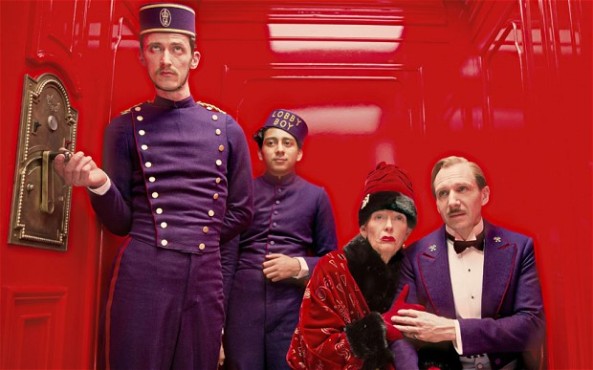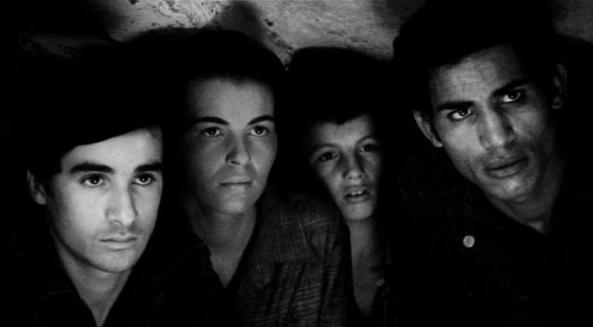Randy “The Ram” in “The Wrestler” abused himself in the ring just so that he could feel anything. In the end he brought himself to the brink of his strength. Nina Sayers in “Black Swan” tortured her body to achieve perfection and beauty and ultimately found herself battling her psyche.
Darren Aronofsky’s protagonists are conflicted souls, testing their minds, morals and beliefs in pursuit of something nobler. The biblical story of Noah finds his faith in God pit against mankind, forced to choose between innocence, justice and love.
Or at least that’s Aronofsky’s version. “Noah” is Aronofsky’s ambitious interpretation of the Bible tale, and unlike the surreal grittiness found in his previous films, his mix of fantasy and portent is a paradoxical mess. It’s a movie about beauty in which the colors have been sapped from all traces of the Earth. It’s one of human decency in which mankind is depicted as ravenous, ugly, violent, carnivorous or worse, flavorless. It’s a morality tale in which the hero is less given a moral choice as he is driven to madness. It’s a movie about faith, miracles and spirituality, but ostensibly avoids religion or even the mention of the word “God”.


